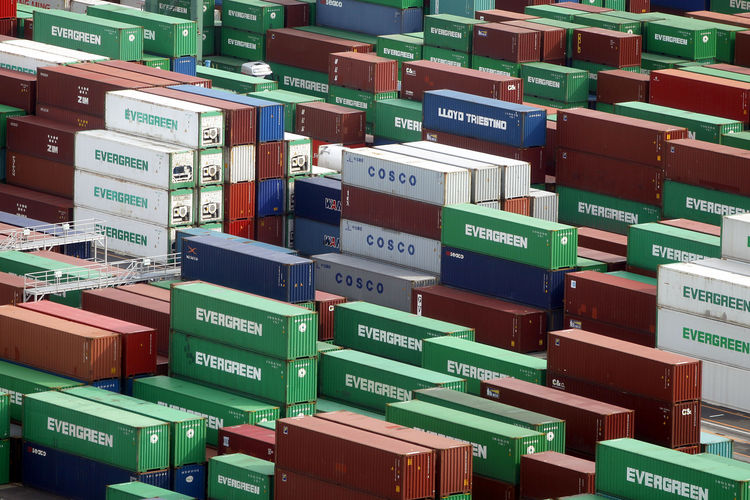- FG Reactivates Export Grant With N13.2bn – Udoma
The Minister of Budget and National Planning, Senator Udoma Udoma, has said the Federal Government has reactivated the Export Expansion Grant with the sum of N13.28bn to stimulate the exports of locally produced goods.
He said the amount was captured in the 2018 budget being implemented by the Federal Government.
The EEG is an initiative of the Federal Government designed to encourage exporters of non-oil products, including agro-commodities in order to cushion the effects of infrastructural deficiencies and reduce the overall unit cost of production.
It was introduced through the Export Incentives and Miscellaneous Provisions Act, Cap 118 of 1986 to enhance the contributions of non-oil export to the national economy
The mechanism is such that a financial credit is applied to the value of exports of products from Nigeria, ranging from five per cent to 30 per cent.
The financial credit is not cash funded but provided as Negotiable Duty Credit Certificate, which can be applied against import duties on other items.
It was suspended by the Federal Government following allegations of abuse of the scheme by exporters.
Udoma said the Federal Government was committed to the diversification of the country’s economy away from the dependence on oil and gas.
Delivering the keynote address at the 42nd Annual Conference Dinner of the Institute of Chartered Secretaries and Administrators of Nigeria, he said steps were being taken by the government towards expanding exports of locally produced goods and services.
The ultimate aim, according to a statement on Sunday from his Media Adviser, Akpandem James, is to diversify the country’s foreign exchange receipts.
He said, “Government is also reactivating the Export Expansion Grant Scheme and the Export Development Fund Scheme, with the sum of N13.28bn provided in the 2018 budget.
“We have, therefore, prioritised improvements in the business climate to make Nigeria an attractive place for business to be conducted.”
He said the objective of government’s economic agenda was to get to a point that the country would be able to feed its people and have extra for export.
“We will be able to manufacture many of our basic requirements. We will be able to grow our non-oil exports to overtake our oil exports in value,” he added.

 Forex2 weeks ago
Forex2 weeks ago


 Naira2 weeks ago
Naira2 weeks ago
 Naira4 weeks ago
Naira4 weeks ago
 Company News4 weeks ago
Company News4 weeks ago
 Billionaire Watch1 week ago
Billionaire Watch1 week ago




 Naira2 weeks ago
Naira2 weeks ago




 Naira1 week ago
Naira1 week ago




 Naira4 weeks ago
Naira4 weeks ago


















